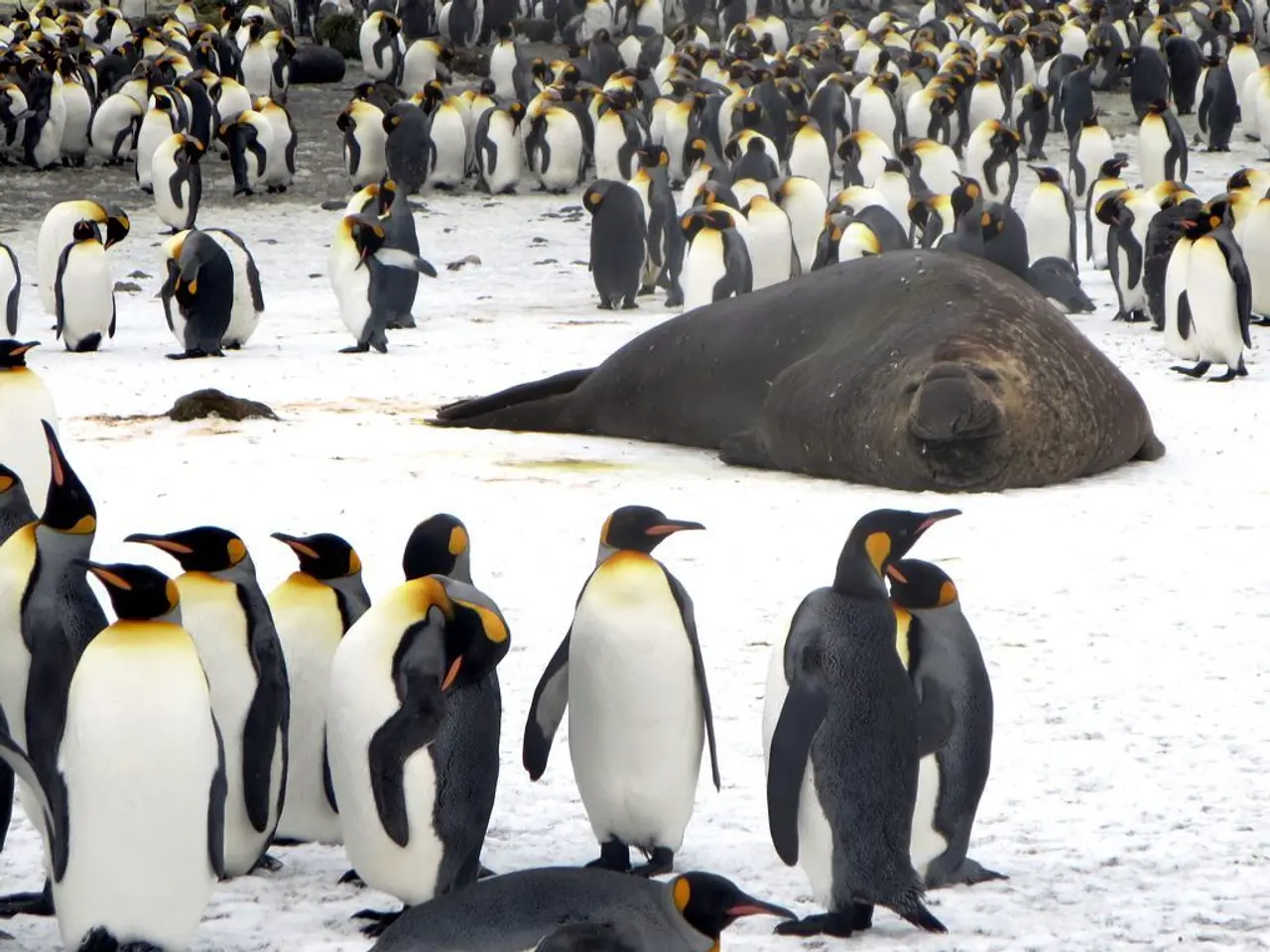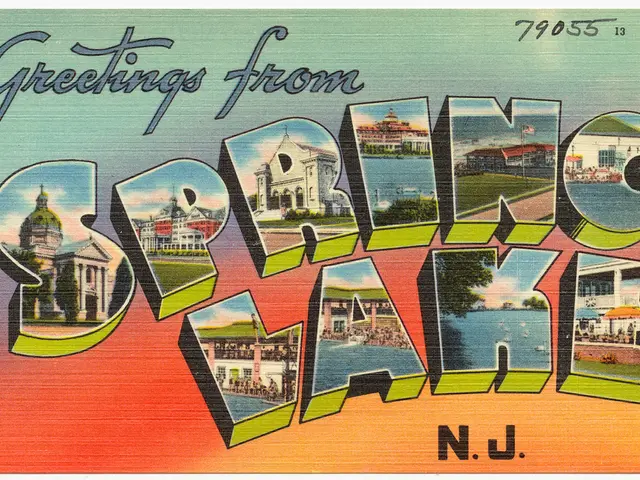New Study Warns of Catastrophic Arctic Oil Spill Impacts
An alarming new study warns of potentially catastrophic socio-economic impacts from an oil spill in the Canadian Arctic, particularly for indigenous communities. The report, published by the Society for Risk Analysis, highlights the urgent need for improved communication networks and better preparedness in the region.
The study, conducted by a multidisciplinary team including researchers from the Canadian Museum of Nature, the University of Ottawa, and Environment and Climate Change Canada, reveals a grim picture. An oil spill in the Rankin Inlet region could initially cost $500 million in the first year, escalating to a staggering $7.5 billion by the fifth year without intervention. This multi-period model considers both environmental consequences and disruptions to indigenous communities.
The researchers also emphasize the near-absence of infrastructure along the Northwest Passage (NWP), which is experiencing increased ship traffic due to ice melt. This lack of infrastructure hampers response efforts in case of a natural disaster, exacerbating potential damages. To tackle these challenges, future research plans include developing an app to assess socio-economic impacts and examining policy responses to mitigate negative effects.
The study underscores the need for better communication networks between indigenous nations, the Canadian federal government, and companies operating in the Arctic. This collaboration is crucial for effective risk assessment and emergency response.
The study serves as a crucial decision-making tool for policy makers, insurance companies, and government institutions responsible for risk assessment and emergency response. It underscores the urgent need for improved infrastructure, communication networks, and preparedness in Canada's Arctic to minimize the devastating impacts of potential oil spills.
Read also:
- Aiming to simplify the move towards cleaner automobiles, the newly established ministry plans to take direct action with Pannier-Runacher, Létard, and Vautrin at the helm.
- "The imperfect yet essential documentary, "Planet of the Humans," raises challenging and uncomfortable inquiries"
- Exciting Escapades of Tintin
- More than half of British homes adhere to insulation standards established during the 1970s.








